
Comfrey Fertilizer: The Secret Natural Booster Your Garden Needs
If you’re looking for a natural fertilizer that can rival chemical ones, comfrey is one of the most powerful plants you can use. Known scientifically as Symphytum officinale, comfrey has been a gardener’s ally for centuries. Its long, deep roots reach far below the soil surface, drawing up minerals and nutrients that most other plants can’t access. When those nutrients are returned to the soil, they become an incredible tonic for your garden.
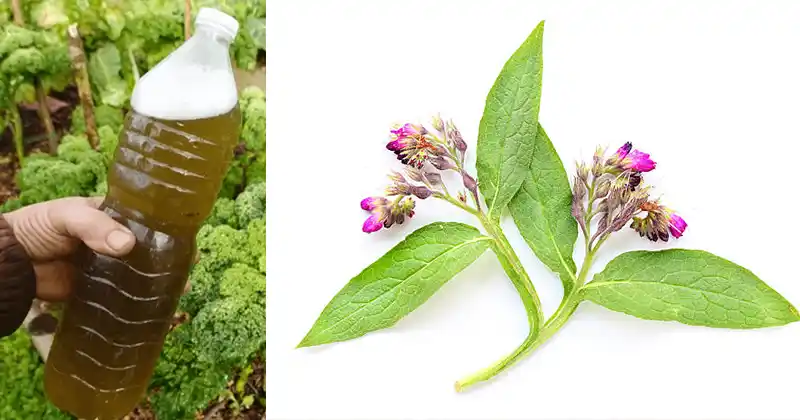
Comfrey fertilizer enriches the soil, supports plant growth, and helps produce strong, healthy crops — all without synthetic chemicals. Whether you grow vegetables, flowers, or fruit trees, this “green gold” can do wonders when used properly.
Why Comfrey Is So Special
Comfrey is often called a dynamic accumulator — meaning it pulls valuable minerals like potassium, calcium, magnesium, and nitrogen from deep in the ground and stores them in its leaves. These nutrients are exactly what most plants need to produce strong roots, lush leaves, and abundant flowers or fruits.
Its high potassium content makes it especially beneficial for fruiting and flowering plants, such as tomatoes, peppers, cucumbers, and berries. Unlike some manures or chemical fertilizers, comfrey breaks down quickly and doesn’t burn plants.
Three Main Ways to Use Comfrey as Fertilizer
There are several ways to harness comfrey’s natural power for your garden. Below are the most effective homemade methods, each serving a different purpose.
1. Comfrey Tea (Liquid Fertilizer)
This is the most popular and potent way to use comfrey. It creates a nutrient-rich “tea” that you can use as a liquid feed for plants.
You’ll need:
- Fresh comfrey leaves (about 1 kg)
- A large bucket or container with a lid
- Water
How to make it:
- Chop or tear the comfrey leaves into small pieces.
- Place them in the bucket and press them down firmly.
- Fill the bucket halfway with water (too much water makes it weaker).
- Cover it with a lid or plastic to keep insects out.
- Let it ferment for 3 to 4 weeks. It will start to smell strong — that’s normal!
- Once it’s dark and thick, strain the liquid into another container.
How to use it:
- Dilute one part comfrey tea with 10 parts water before applying.
- Pour it around the base of plants (not directly on leaves).
- Use every two to three weeks during the growing season.
This tea acts like an organic superfood for plants — stimulating growth, improving fruiting, and strengthening roots.
2. Comfrey Leaf Mulch
If you want an easier, smell-free method, use comfrey as mulch.
How to make and use it:
- Cut large comfrey leaves — ideally before the plant flowers.
- Lay them directly around the base of plants like tomatoes, peppers, or squash.
- Cover them with a bit of straw or grass clippings to hold moisture.
The leaves will slowly decompose, releasing nutrients into the soil. This method improves soil texture and acts as a slow-release fertilizer throughout the season.
3. Comfrey Compost Accelerator
Comfrey can also speed up your composting process thanks to its high nitrogen content.
How to use it:
- Add a layer of chopped comfrey leaves between other compost materials.
- Mix with “brown” materials like dried leaves or shredded cardboard.
- Water lightly to help decomposition.
Comfrey acts like a natural compost activator, heating up the pile and helping other materials break down faster. This results in nutrient-rich compost ready for your garden sooner.
Other Creative Homemade Uses
- Comfrey Concentrate (No Water Version):
Fill a container with chopped comfrey leaves, press them down, and leave them to rot naturally (without water) for 4–6 weeks. The leaves will release a dark, thick liquid at the bottom. Collect this concentrate and dilute 1:15 before using it on plants. - Soil Enrichment:
Before planting, mix chopped comfrey leaves into the soil or garden beds. As they decompose, they feed the soil microbes and improve fertility. - Rooting Aid:
Dip cuttings of plants into diluted comfrey tea to encourage faster root development.
Benefits of Using Comfrey Fertilizer
- 100% Natural and Chemical-Free – No synthetic fertilizers, just pure organic nutrition.
- Rich in Potassium – Perfect for flowering and fruiting plants.
- Fast-Acting Nutrients – Liquid tea delivers minerals quickly to the roots.
- Improves Soil Health – Boosts microbial activity and organic matter.
- Encourages Strong Root Growth – Strengthens plants from the ground up.
- Safe for Most Plants – Unlike manure, it won’t burn roots when used properly.
- Free and Sustainable – Once planted, comfrey keeps growing year after year.
Important Tips
- Always harvest comfrey before it flowers for maximum nutrients.
- Use gloves when handling comfrey — its leaves can be slightly prickly.
- For continuous fertilizer supply, grow a small patch in your garden and cut it several times per season.
Comfrey is truly one of nature’s best gifts to gardeners. Its deep roots and mineral-rich leaves make it an ideal plant for producing powerful, homemade fertilizer — whether as tea, mulch, or compost booster. By using comfrey, you’re not only feeding your plants but also enriching your soil naturally and sustainably.
Disclaimer
While comfrey fertilizer is safe for plants and soil, the plant itself contains compounds not recommended for internal human use. Use it externally and responsibly in your garden, and always label homemade fertilizers clearly to avoid confusion.
News in the same category

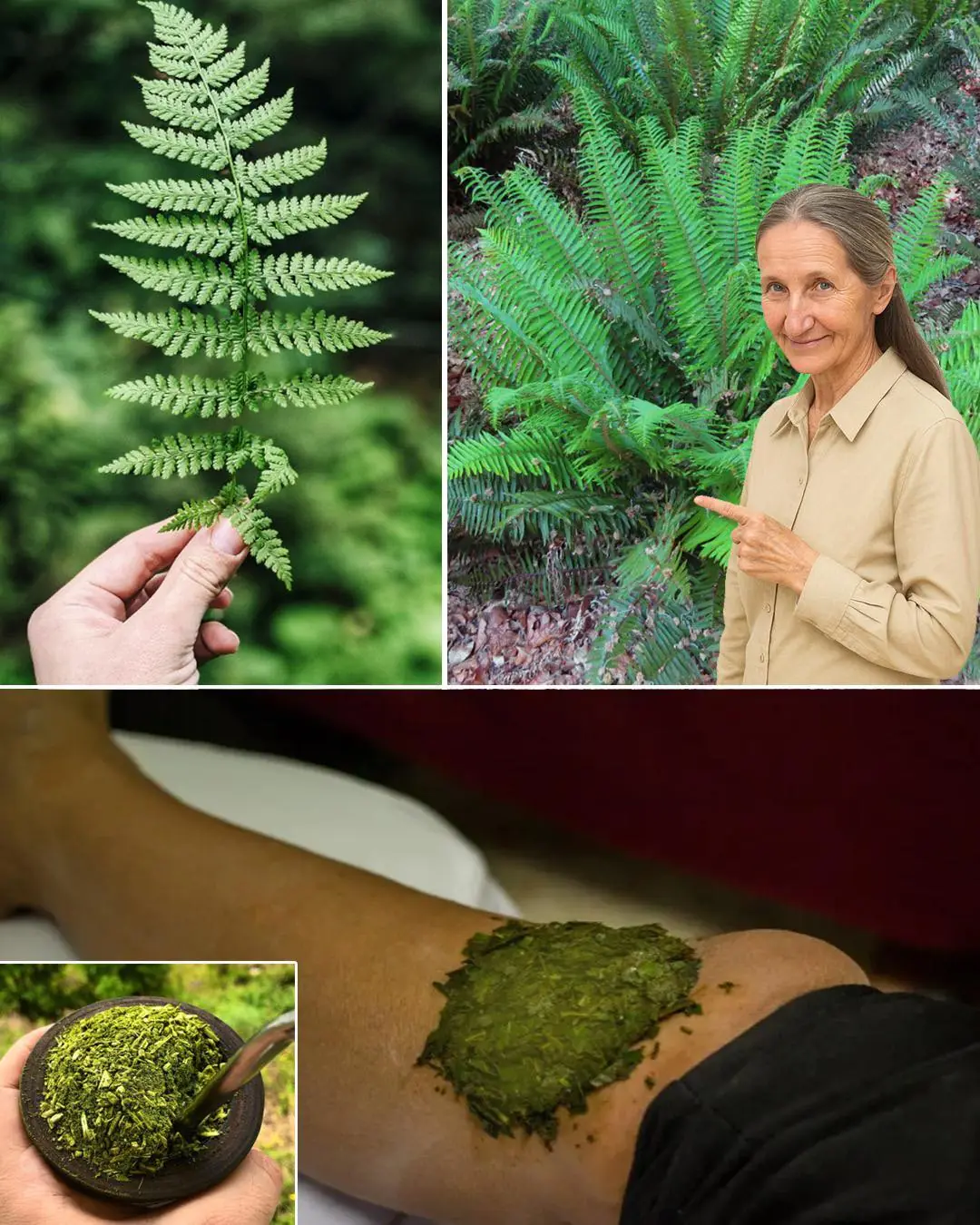
Fern Leaves Benefits and Uses: A Hidden Natural Remedy for Health and Home
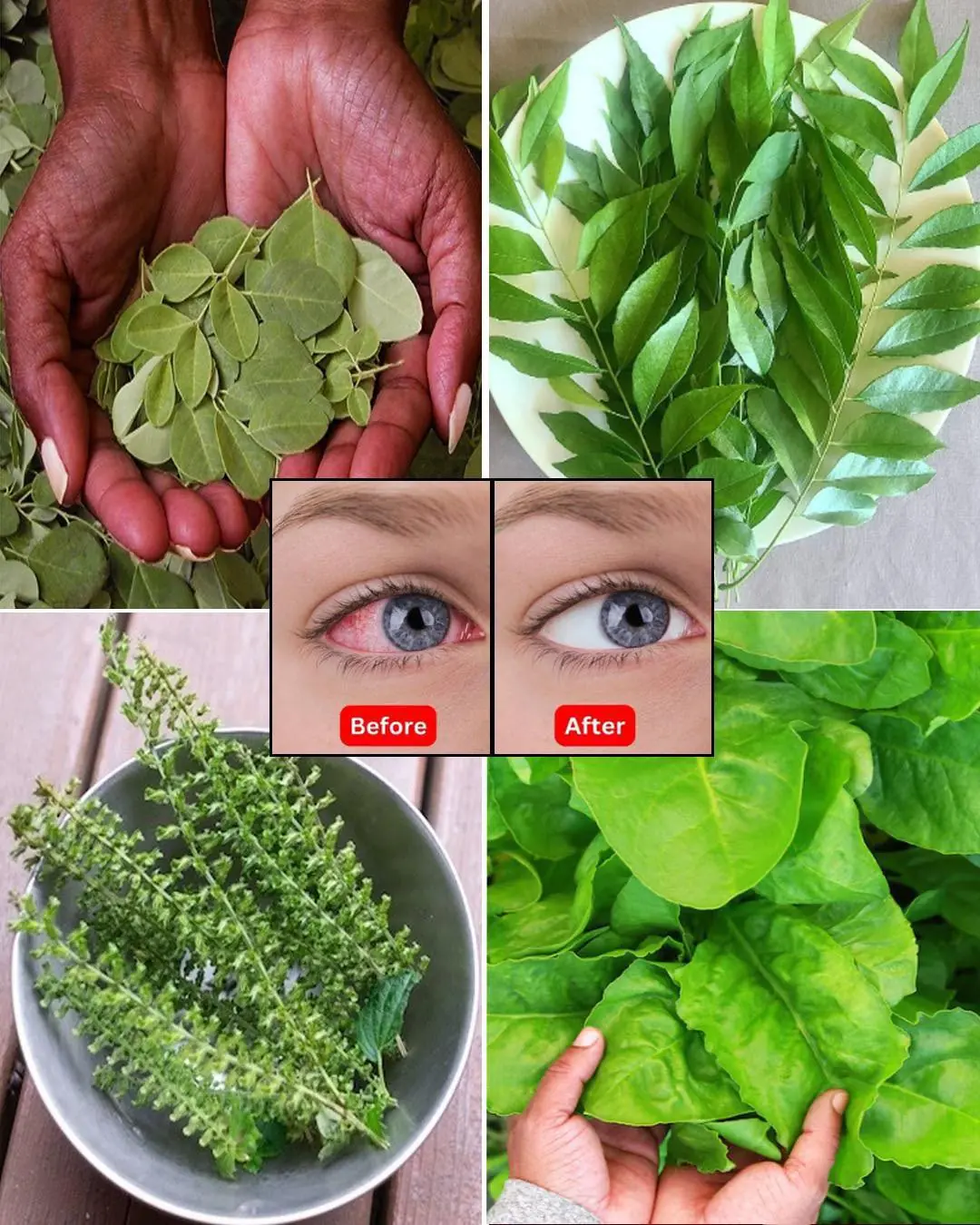
7 Essential Leaves to Naturally Improve Your Eye Health

DIY Anti-Aging Treatment with Vaseline: The Ultimate Guide for a Youthful, Radiant Complexion

🌴 12 Surprising Benefits of Eating Just 3 Dates a Day – A Sweet Boost for Your Health
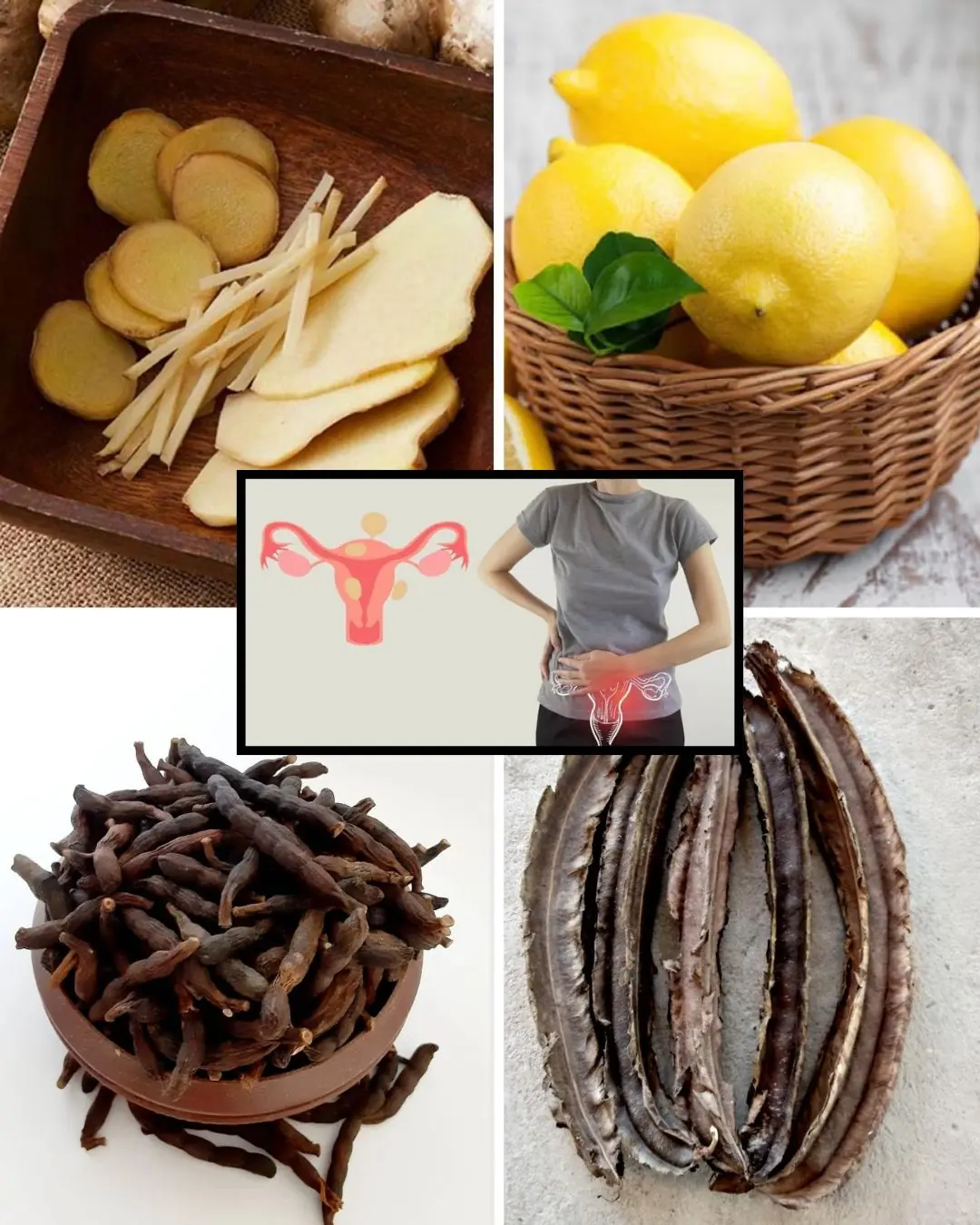
🌿 Gbogbo Nise: The Ultimate All-in-One Remedy for Women 💪✨

5 Skin Glow Juices – Clear Skin

Phyllanthus Acidus: In 30 Days – Unexpected Hair Growth
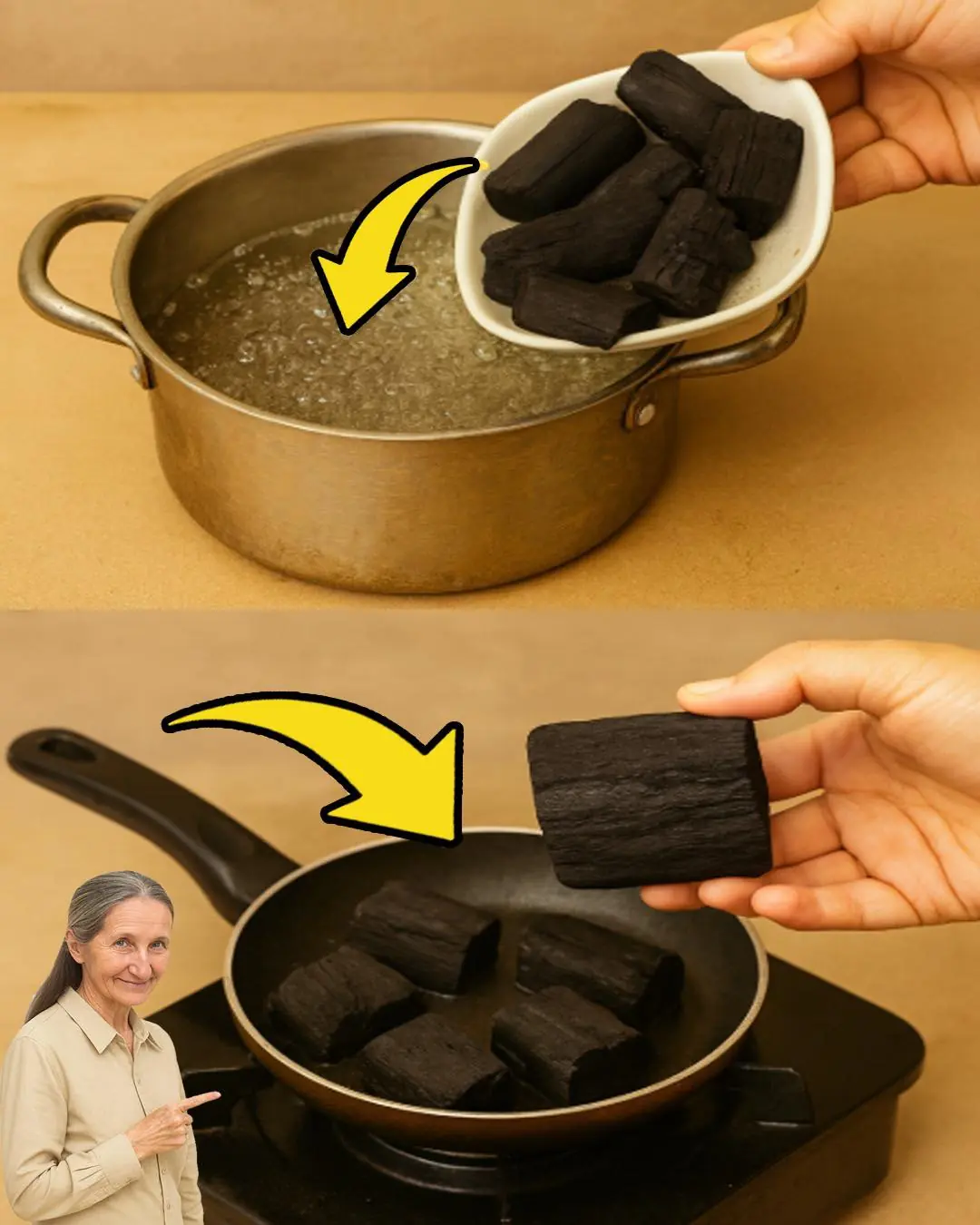
DIY Survival Water Filter – How to Make Clean Drinking Water Anywhere
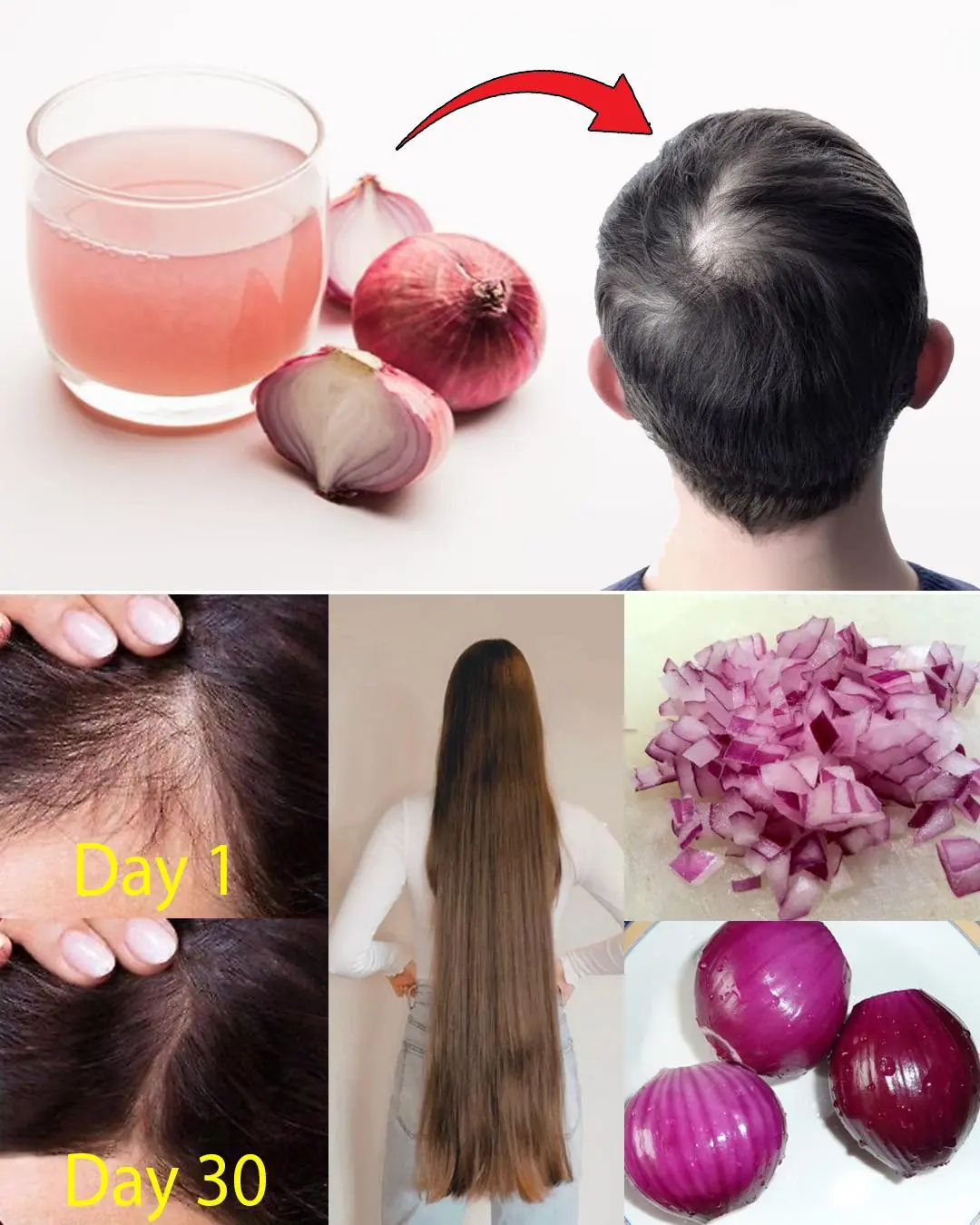
Red Onion for Hair Growth: How This Overlooked Natural Remedy Can Stop Hair Fall and Boost Thickness Fast
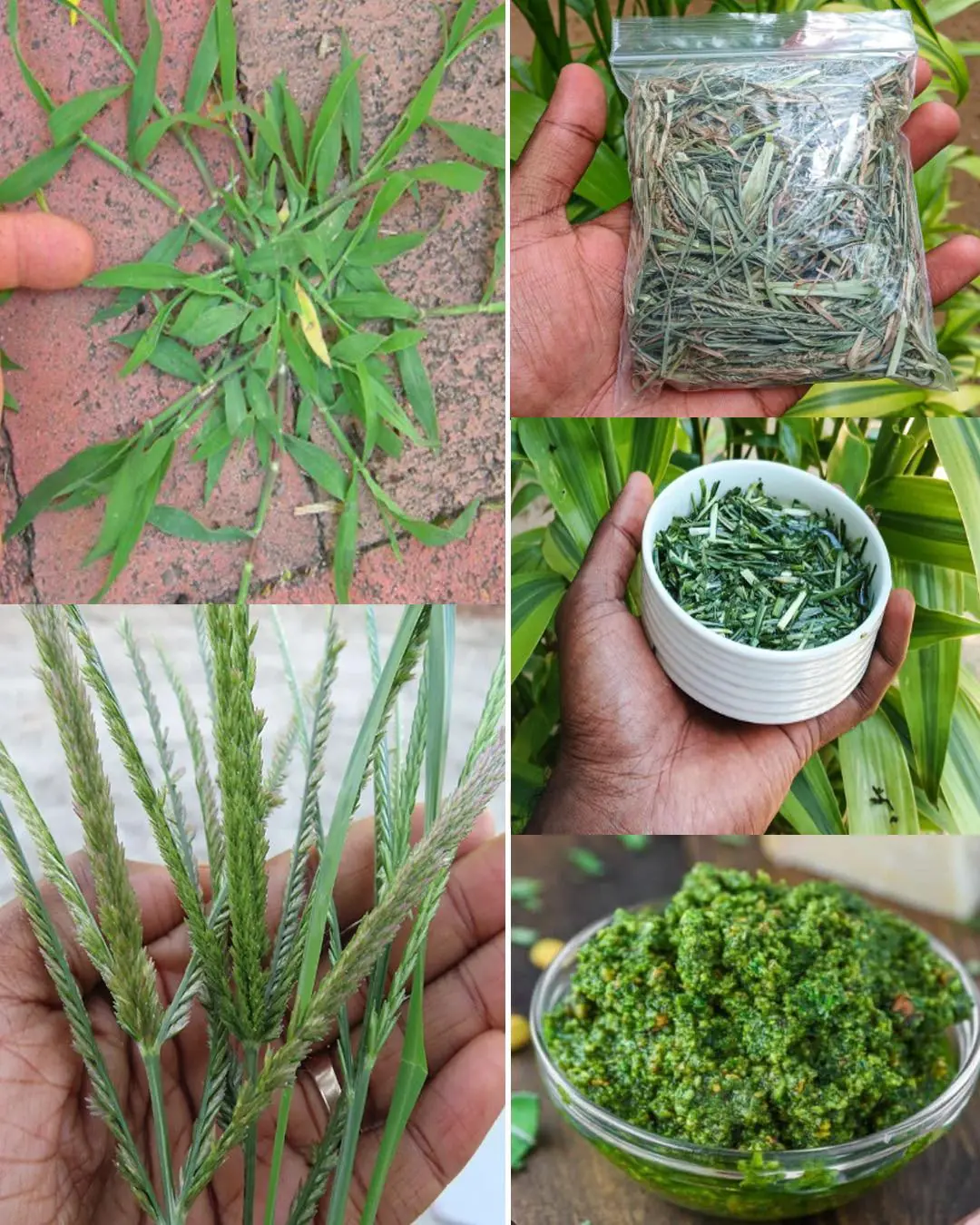
7 Key things about Crabgrass
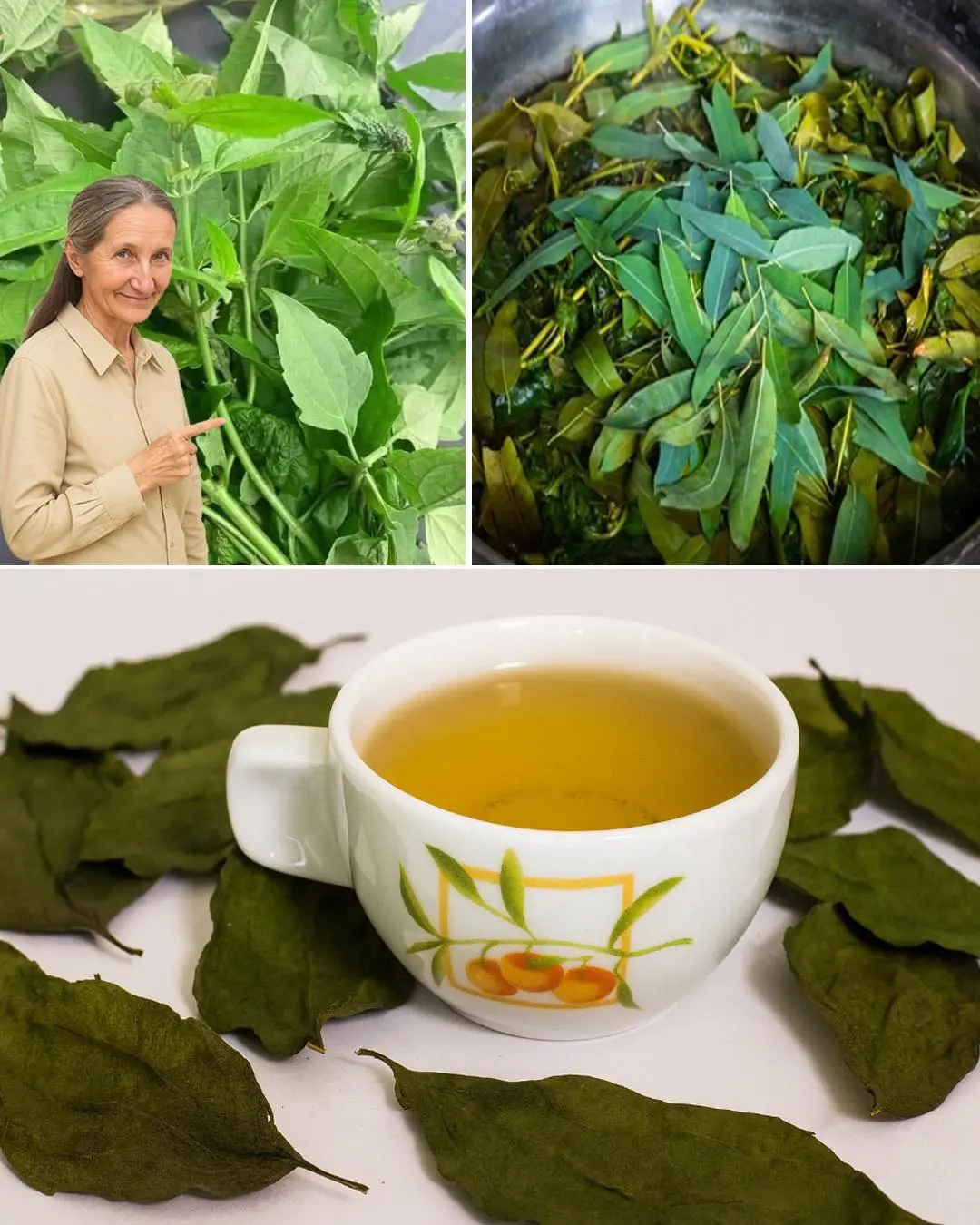
Siam Weed: A powerful remedy for multiple ailments
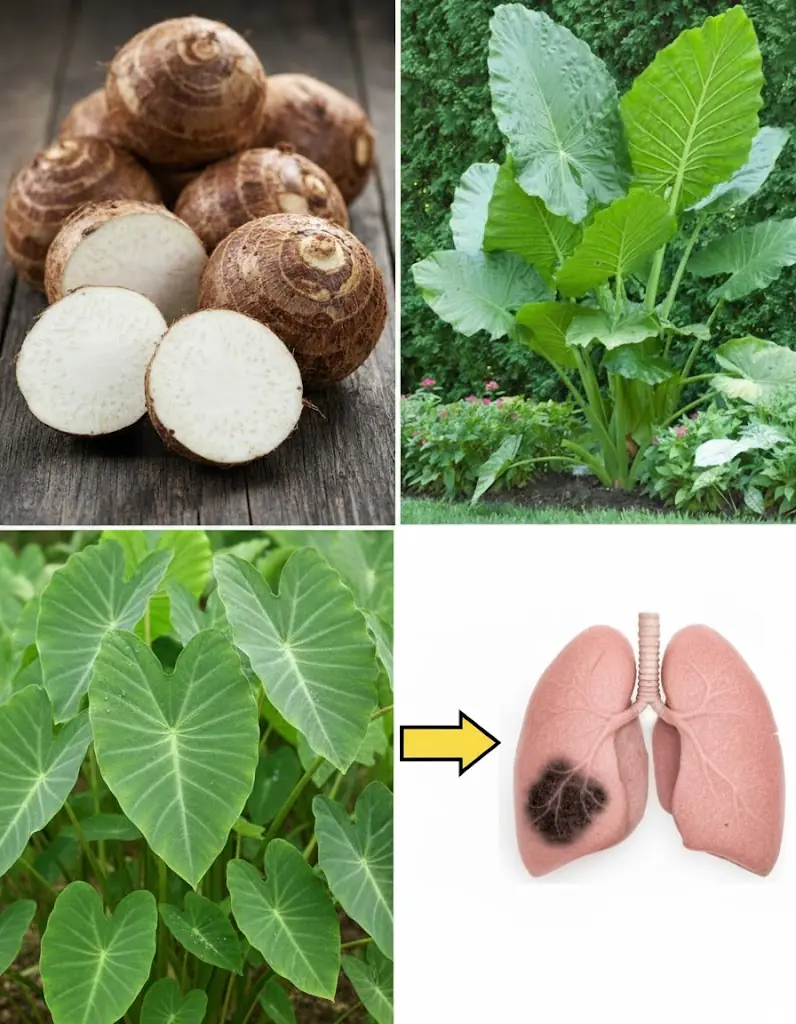
Benefits and Uses of Taro (Colocasia esculenta)
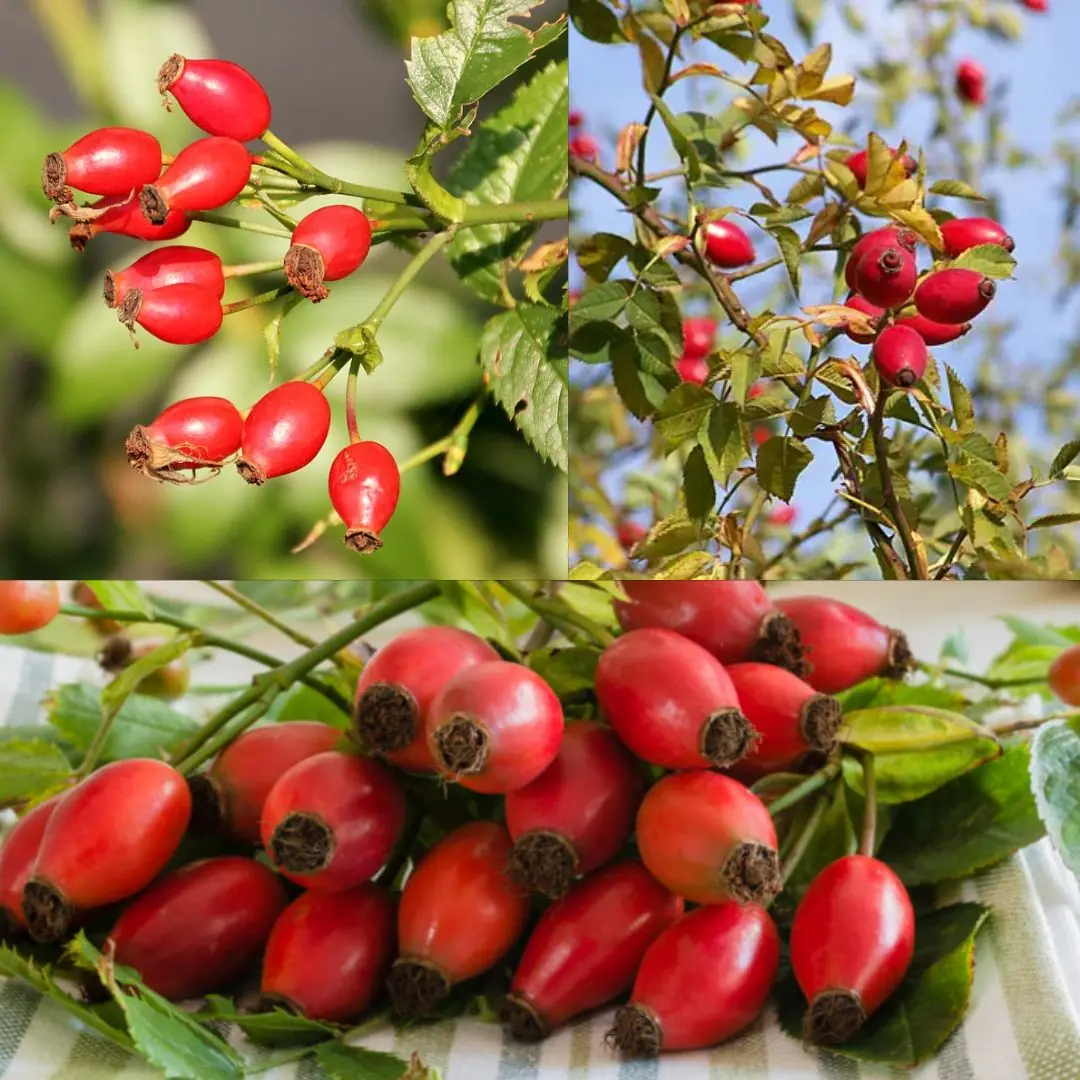
The Hidden Power of Rose Hips: Nature’s Overlooked Treasure Growing in Your Backyard
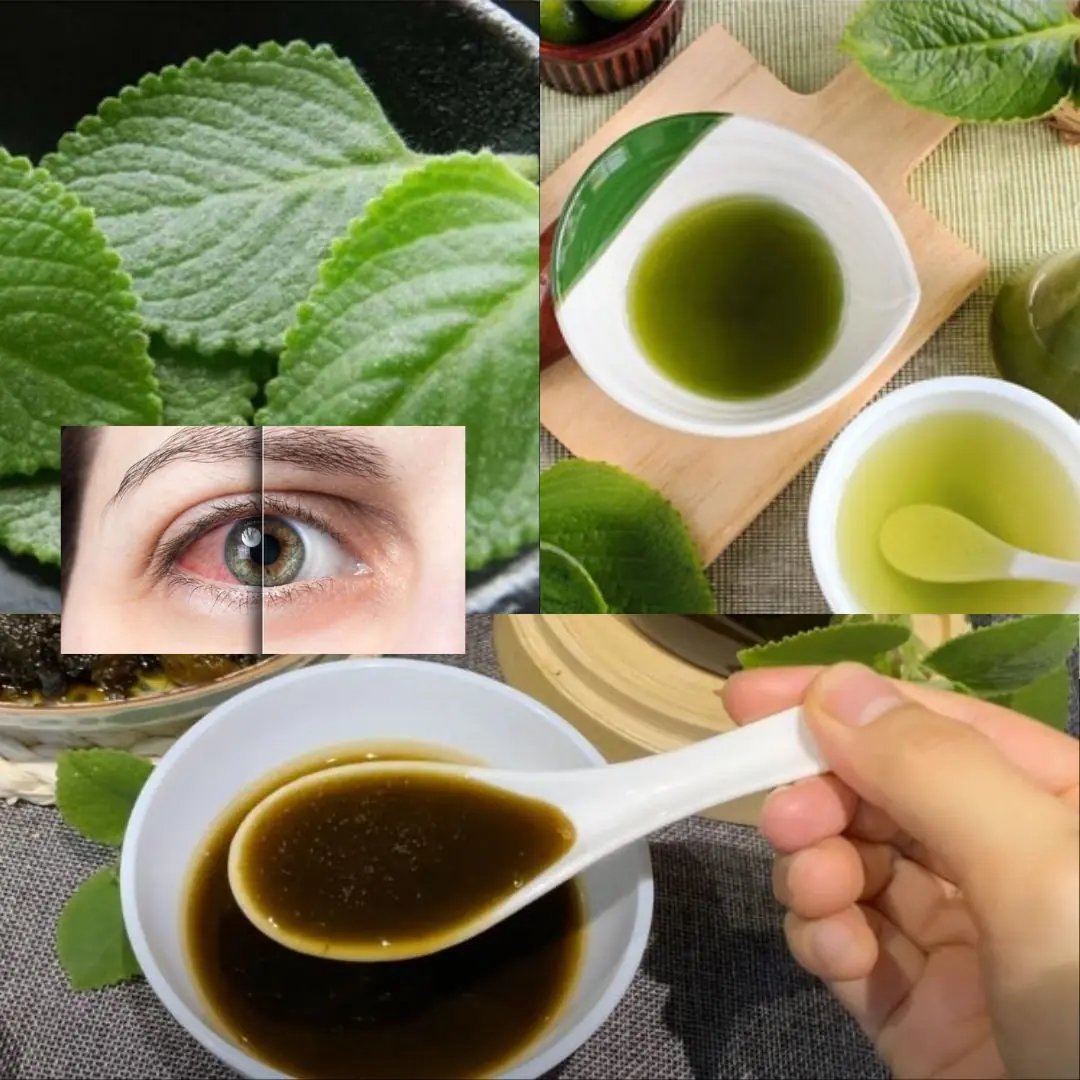
Oregano: The Golden Herb for Eye Health

Tradescantia zebrina: The Colorful Healer Hidden in Plain Sight

Only 2% Know This Ancient Spice Can Clean Lung Mucus Overnight 💥

🌿 SENIORS: This 1 Leaf DESTROYS Diabetes & Melts Belly Fat (Doctors HATE It!) | Barbara O’Neill
News Post

A Long Push, A Quiet Kindness.
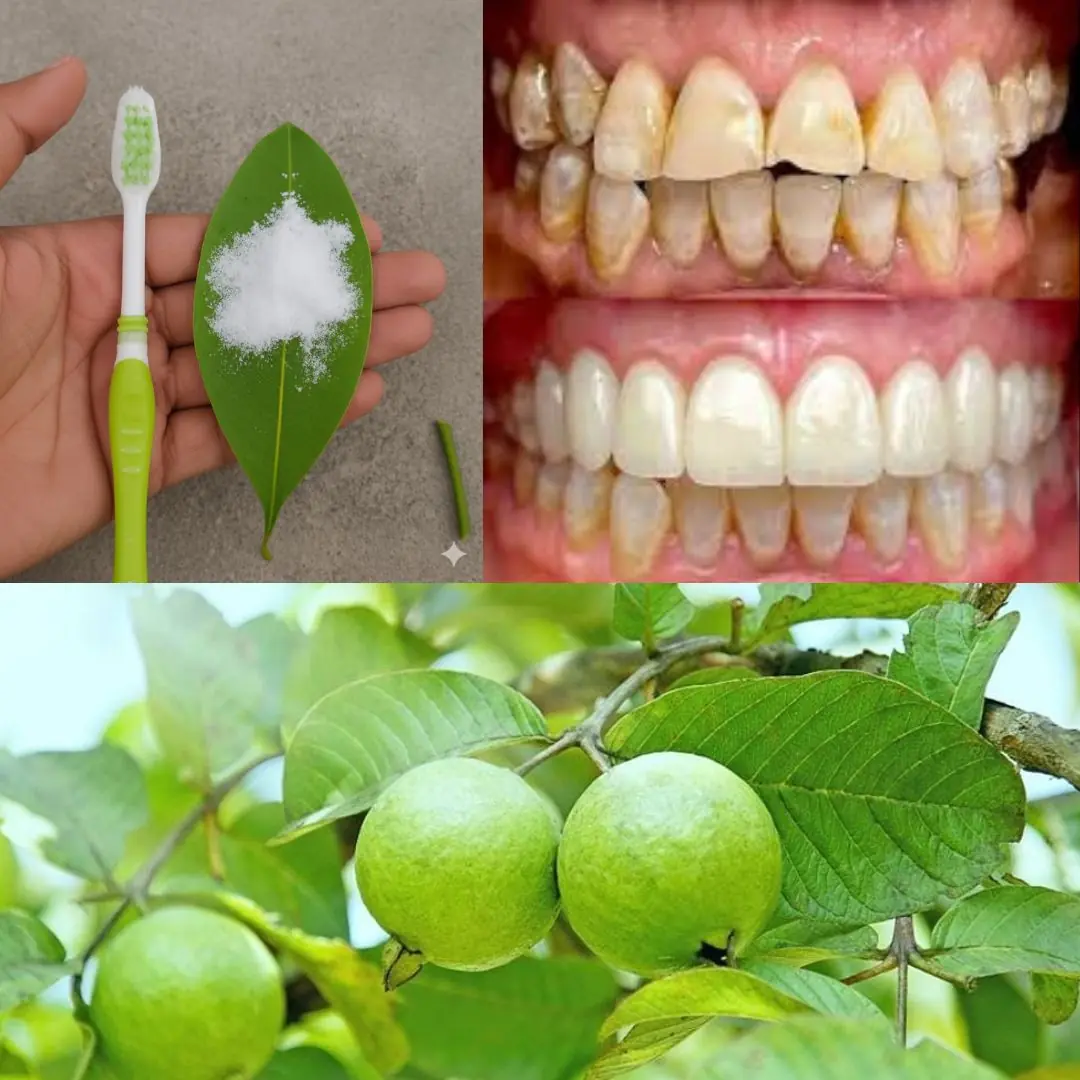
Top 3 Natural Remedies for Tooth Decay Using Guava Leaves

Life Skills in Action: How a 14-Year-Old Saved the Day on a Family Road Trip

The Gift of Life: How Blood Donations Save Children Fighting Cancer

The Secret to Perfectly Sweet and Fluffy Boiled Sweet Potatoes: Add Just One Spoon of This!

Surviving the ICU: Carter’s Story of Strength and Grace

A Night to Remember: 19-Year-Old Austin Takes His 89-Year-Old Great-Grandma to Prom

How to Store Fresh Ginger for Up to a Year — No Fridge Needed!

Our Oldest Rescue, Tiger, Crosses the Rainbow Bridge: A Legacy of Love and Hope

Halo’s Second Chance — A Promise of Forever

Why should you put your suitcase in the bathroom when checking into a hotel: Extremely important reason, those who don't know are at a disadvantage

The washing machine accumulates a lot of dirt and bacteria: Pour 1 bowl of this into the washing drum to clean like new, clothes smell fresh right away

Put the phone down on the table, why you should put the screen face down: Know the reason no one wants to do the opposite
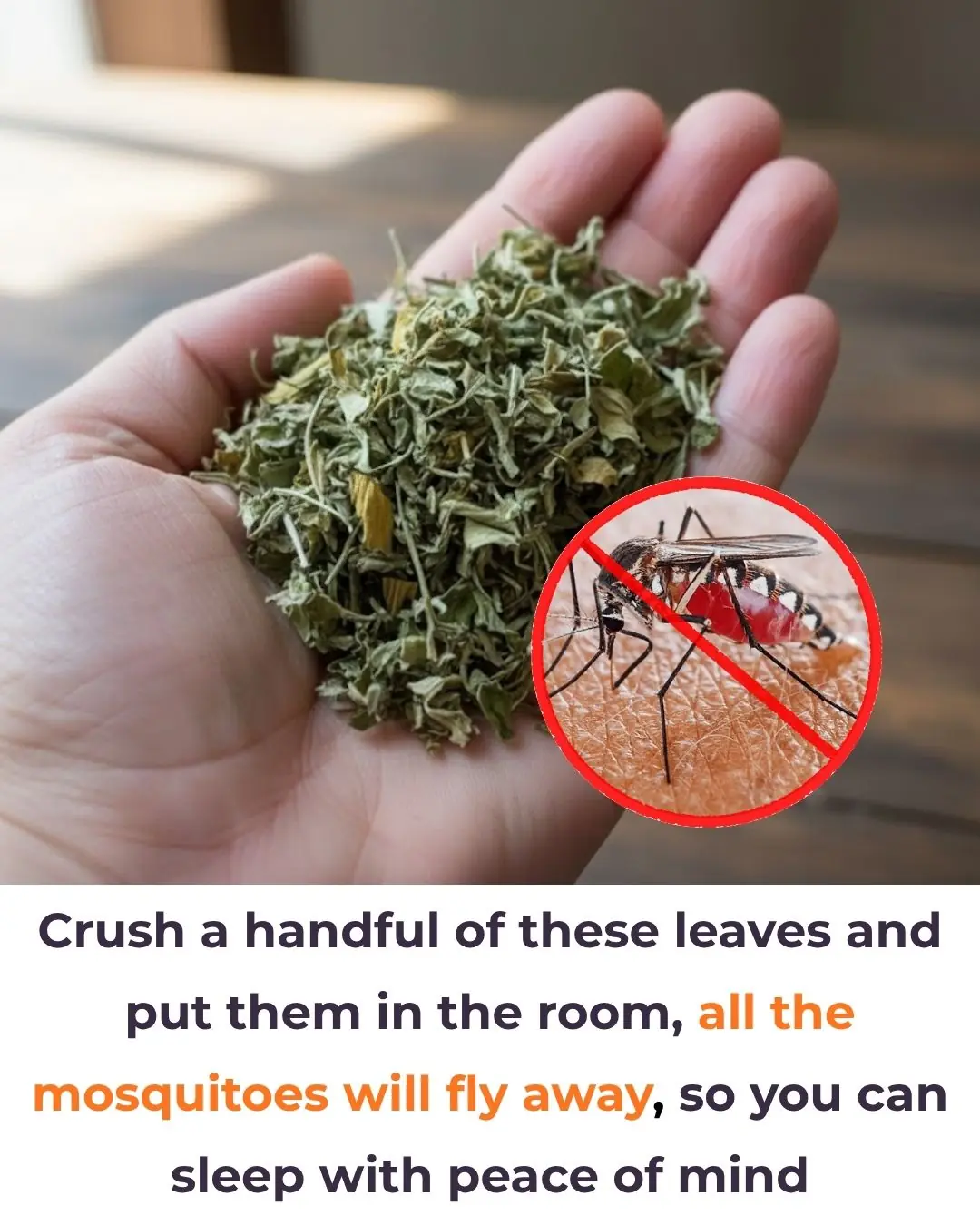
Crush a handful of these leaves and put them in the room, all the mosquitoes will fly away, so you can sleep with peace of mind
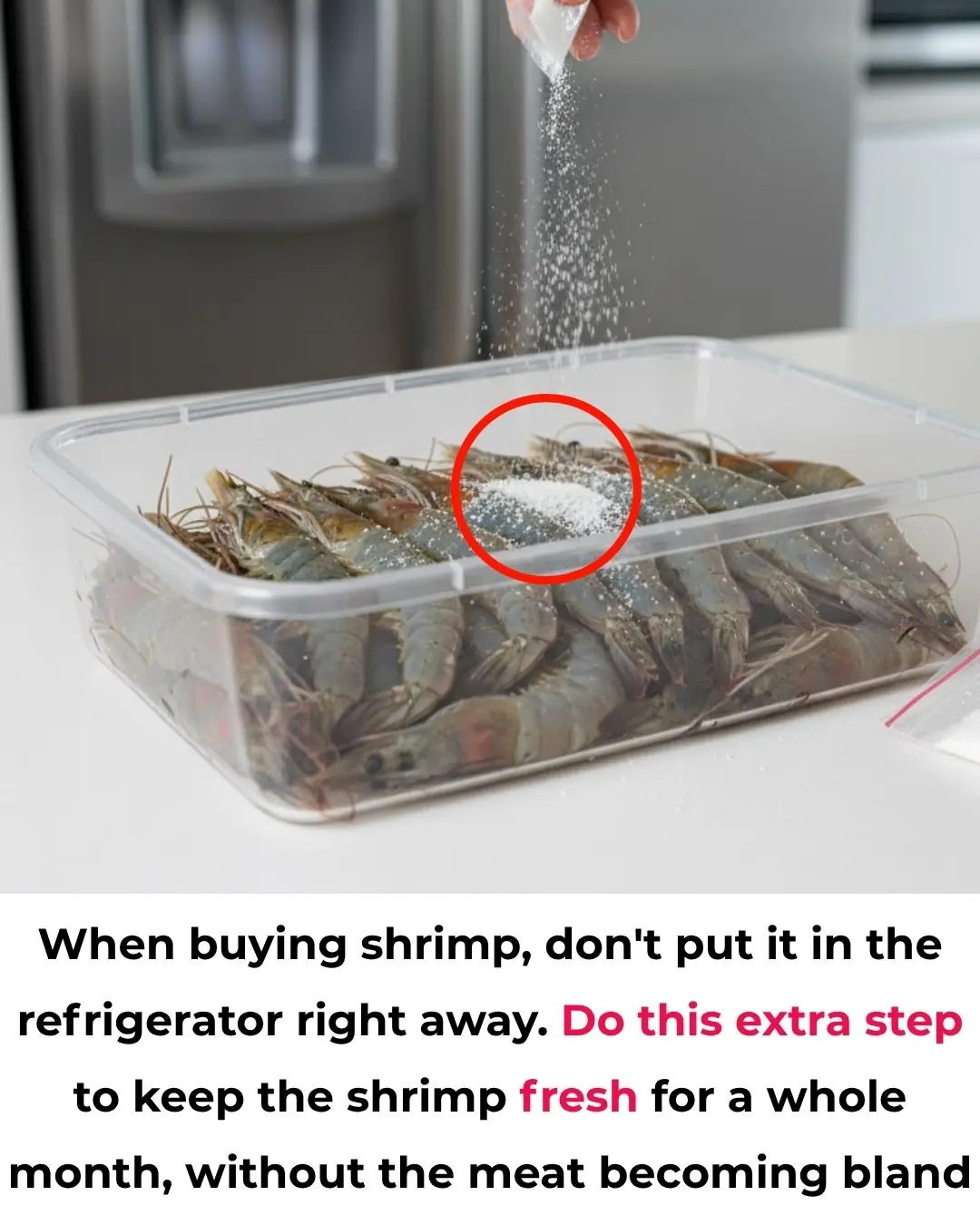
Don’t Just Put Shrimp Straight into the Fridge! Do This Extra Step and Keep Shrimp Fresh and Delicious for Up to a Month Without Losing Flavor

Can You See the Hidden Number in This Optical Illusion

Cheap and Easy Ways to Clean Greasy Kitchen Wall Tiles Using Everyday Ingredients

These 3 Types of "Lumps" on Your Body Could Be Cancer – Don't Ignore Them at Any Age, Regardless of Gender
